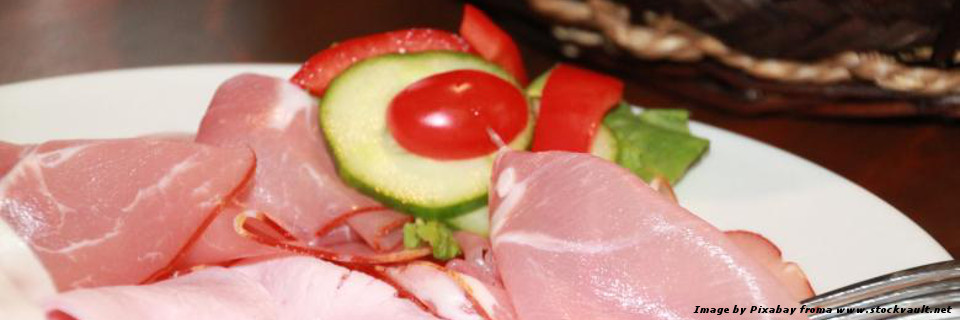Ricerca
Listeria monocytogenes on cured meat products. A case study on Speck (a typical Italian smoked ham) regarding to EC Regulation 2073/2005 requirements

26/01/2017
Silvana Barbutia, Elena Dalzinib, Maria-Angela Frustolia, Elena Cosciani-Cunicob, Maria-Silvia Grisentia, Paolo Daminellib
aDepartment of Microbiology, Stazione Sperimentale per l'Industria delle Conserve Alimentari (SSICA) V.le F. Tanara 31/A, 43121 Parma, Italy.
bNational Reference Centre for Emerging Risk in Food Safety, Istituto Zooprofilattico Sperimentale della Lombardia e dell'Emilia Romagna "B. Ubertini" (IZSLER), Brescia, Italy
SDRP JOURNAL OF FOOD SCIENCE & TECHNOLOGY 2016
Ready To Eat (RTE) meat products may be able to support the growth of Listeria monocytogenes during their shelf life. In agreement with the European Commission (EC) Regulation N. 2073/2005 on microbiological criteria for foodstuff, the products with pH ≤ 4.4 or aw ≤ 0.92, those with pH ≤ 5.0 and aw ≤ 0.94 and those with a shelf-life of less than five days are automatically included in the category of RTE foods that doesn't able to support the growth of L. monocytogenes. Otherwise, the manufacturers must demonstrate whether their products not allow the growth of L. monocytogenes by use of different approaches based on: i) physical-chemical analyses of product, ii) predictive microbiology and iii) Microbial Challenge Test (MCT), as suggested by EC Regulation 2073/2005. The present study evaluated the three above mentioned approaches on Speck, a traditional smoked dry cured ham produced in South Tyrol (Italy). Both the variability of the physical-chemical properties of Speck (aw ranging from 0.890 to 0.940 and pH from 5.37 to 6.24) and the use of prediction models did not allow to state whether the product supports the growth of the pathogen and a reliable classification of the product. On the contrary, the MCT carried out showed the L. monocytogenes inactivation during shelf life of sliced vacuum-packed or modified atmosphere-packed Speck stored at different temperatures 4°, 8° and 20°C.

